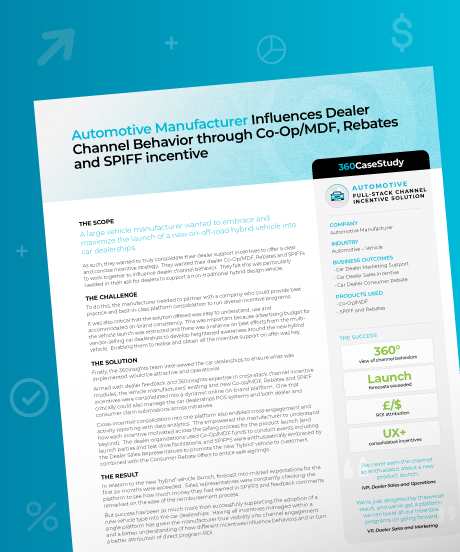Ecosystem Analytics is the process of collecting, analyzing, and interpreting data from interconnected systems, organizations, and stakeholders within a specific environment to uncover insights and optimize overall performance.
This involves:
- Mapping the relationships and interactions within the ecosystem
- Monitoring data flows across various entities and systems
- Identifying key performance indicators (KPIs) across the ecosystem
- Utilizing predictive models and tools to anticipate trends and results
By applying ecosystem analytics, organizations can uncover hidden opportunities, address inefficiencies, and foster collaboration between stakeholders. This leads to better decision-making, enhanced resource allocation, and innovation within the ecosystem.
Ecosystem analytics is critical because it not only provides a holistic view of complex networks but also drives sustainable growth, scalability, and resilience by equipping stakeholders with actionable insights.
Data Driven Decisions for Effective Future Planning

Case Study
Automotive: Cross-incentive consolidation empowers program success
A large vehicle manufacturer were looking to consolidate their dealer Co-Op/MDF, Rebates and SPIFFs incentives and work together to influence dealer channel behavior.
By accumulating incentives into one branded platform, enabled the manufacturer to have clearer visibility of claim submissions, engagement and activity reporting, through the analytics.
Learn how 360insights helps this manufacturer understand how measuring the data provides a better attribution of direct program ROI.
